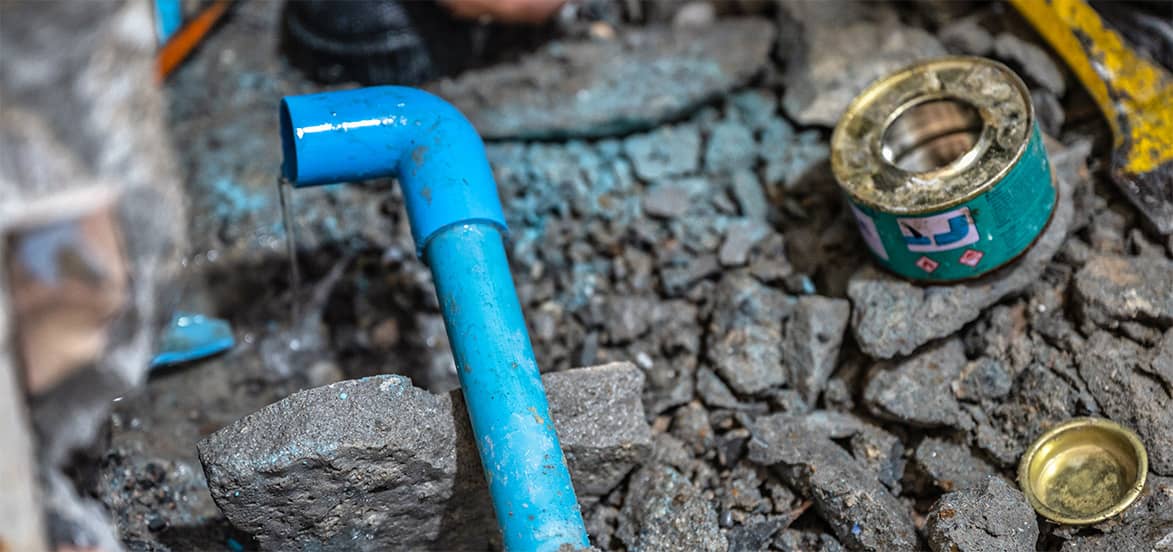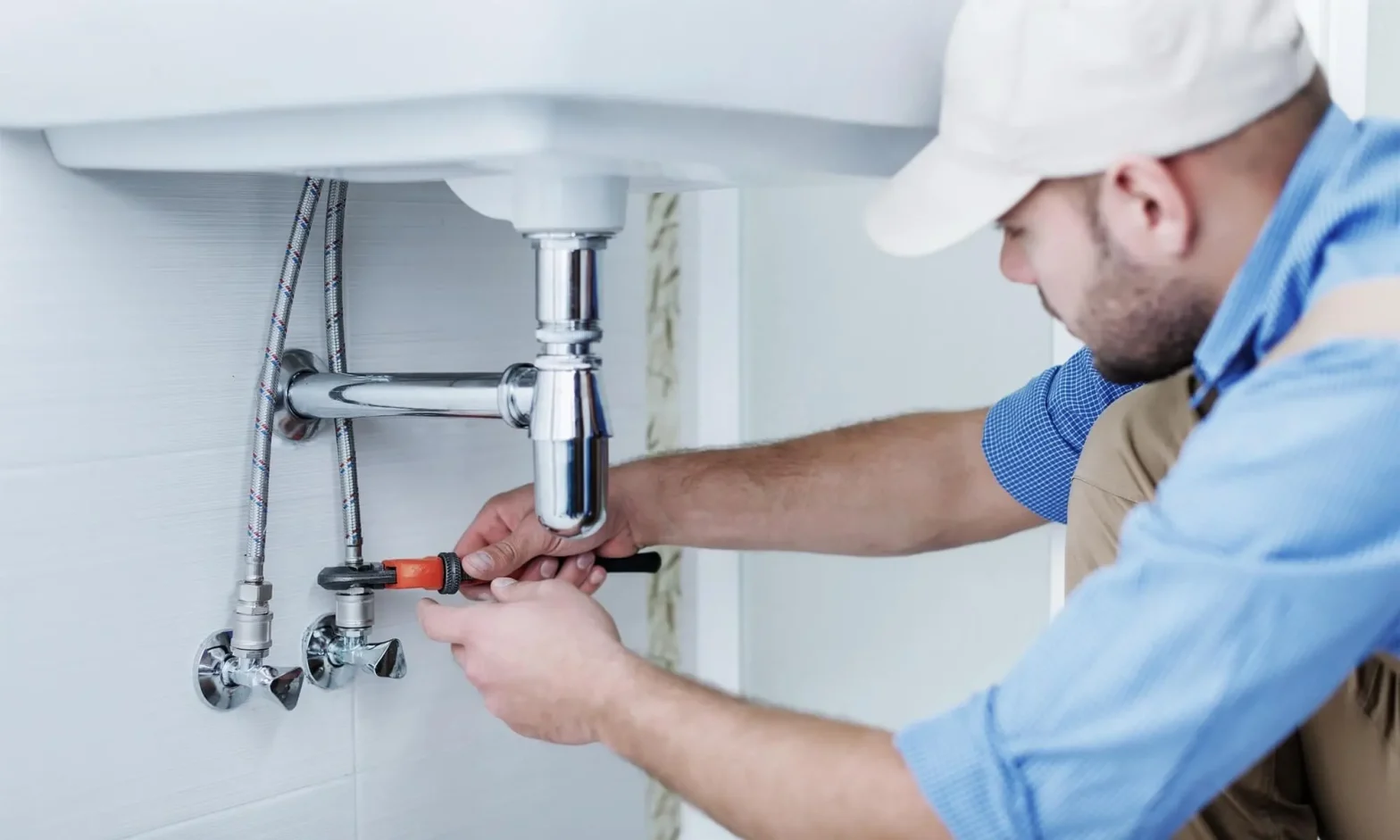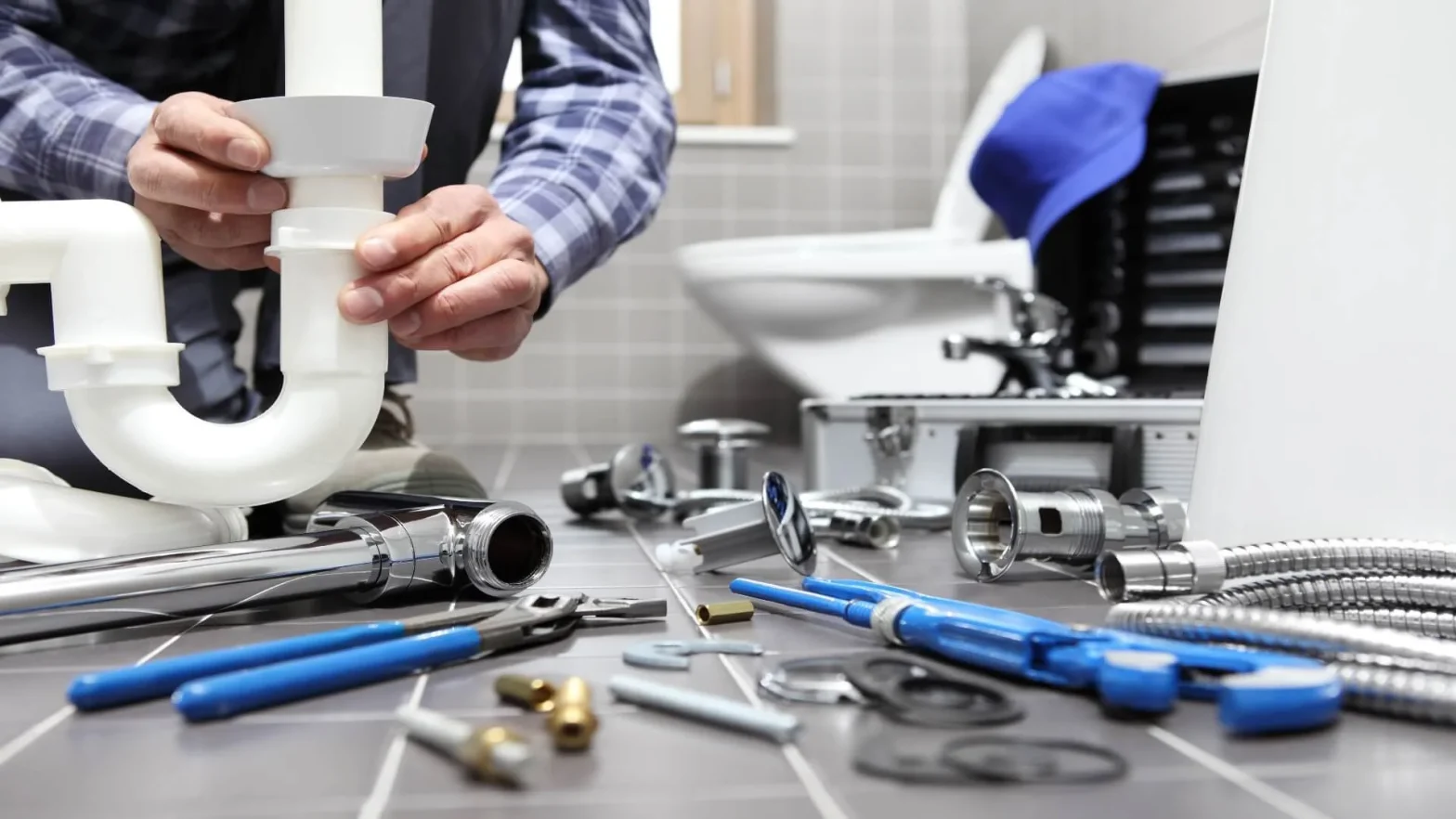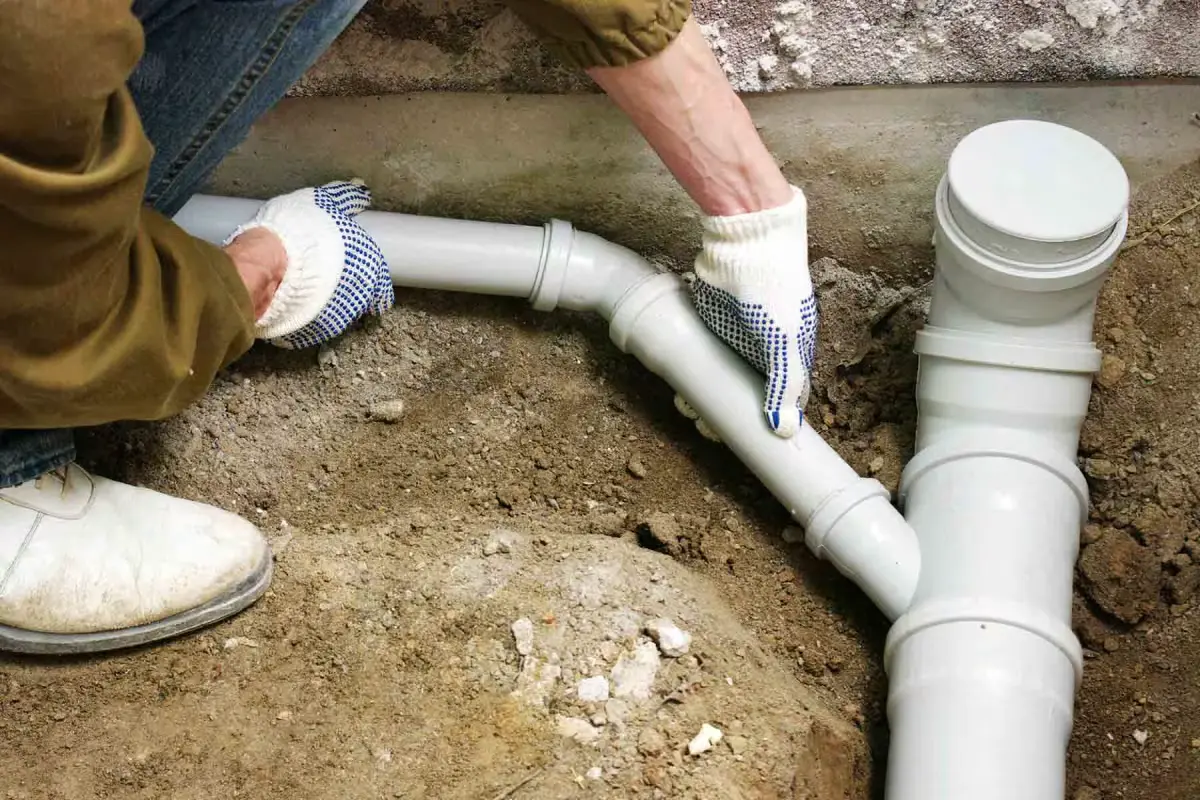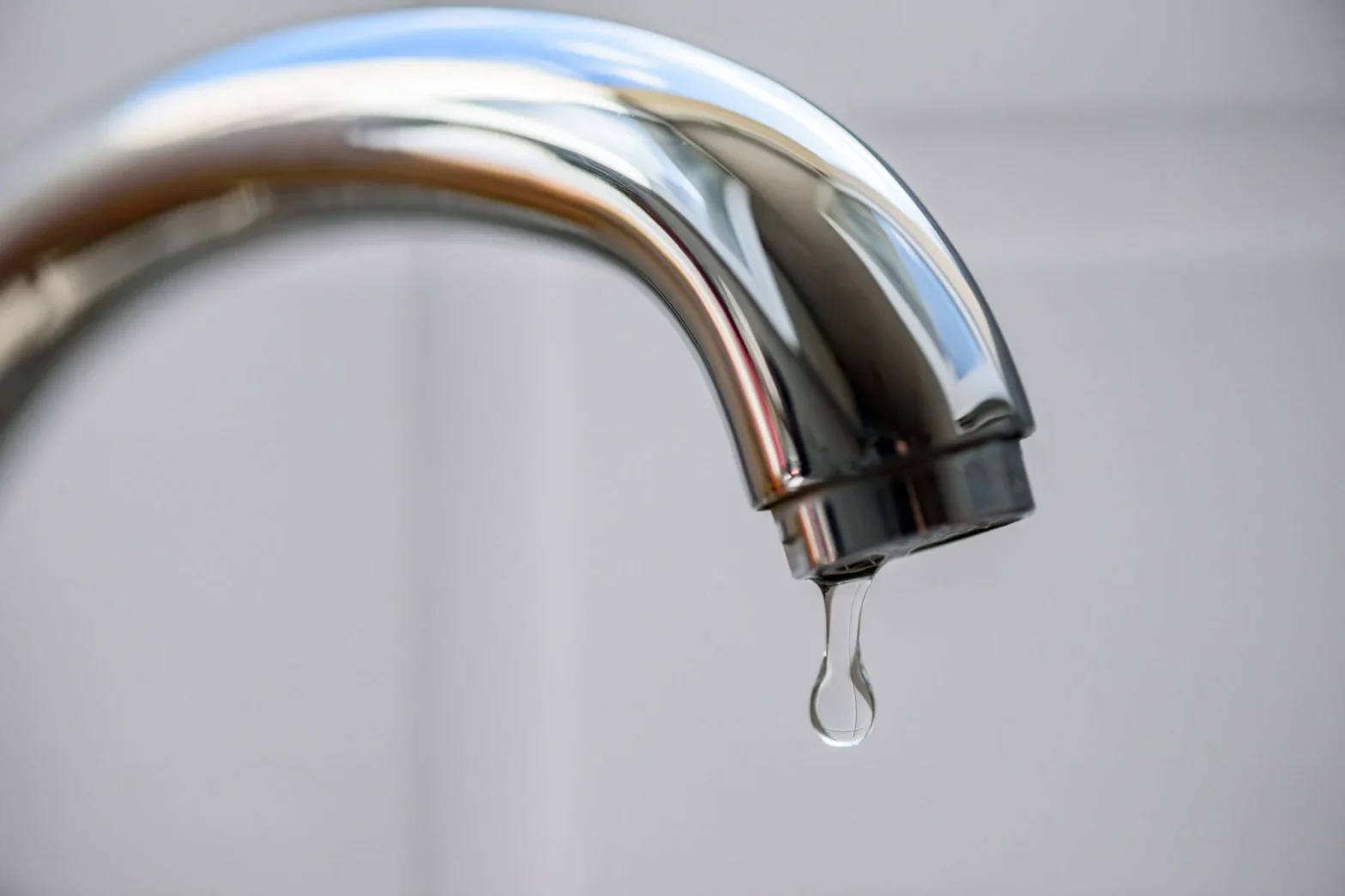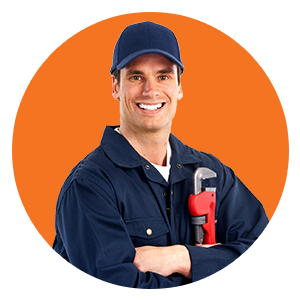Common Plumbing Issues That Can Lead to Slab Leaks in California
Being a homeowner always means having plumbing problems. While most can be fixed easily, some can cause serious harm over time. Slab leaks are among the most troublesome and expensive to fix of these. When water pipes beneath a home’s foundation start to leak, it’s known as a slab leak and can cause structural damage as well as increasing water costs. The first line of defense against these expensive repairs is to be aware of the typical plumbing issues that lead to slab leaks.
This post will discuss the several plumbing problems that frequently result in slab leaks, how to recognise the warning signals, and precautions California homeowners may take to save significant damage.
1. Corrosion of Pipes
Over time, plumbing pipes naturally corrode due to constant exposure to water, oxygen, and minerals present in the soil and water. This corrosion can cause tiny holes or cracks in the pipes, which then leads to slab leaks.
What causes pipe corrosion?
- The acidity or alkalinity of water, known as pH levels, can speed up the corrosion process. Homes in regions with hard water are particularly susceptible to pipe corrosion.
- Galvanized steel pipes, which are still present in older homes, are especially vulnerable to corrosion. The steel eventually rusts, which weakens the pipe structure and leads to leaks.
Prevention Tips:
- Regular plumbing inspections can help detect corroded pipes early before they cause slab leaks.
- Upgrading to corrosion-resistant materials like copper or PEX (cross-linked polyethylene) can extend the lifespan of your pipes and reduce the risk of leaks.
2. Poor Installation of Pipes
Poor installation practices during the initial construction of a home are another common cause of slab leaks. Improperly installed pipes may experience undue pressure, stress, or vibration, which weakens their structure over time.
How can poor installation contribute to slab leaks?
- If the pipes are laid too close to the foundation or are improperly secured, they may rub against the concrete, leading to cracks or holes over time.
- Additionally, subpar connections between different sections of pipes can loosen, creating small leaks that eventually worsen.
Prevention Tips:
- Hire licensed and experienced plumbers for any new installations or pipe replacements to ensure proper installation and code compliance.
- If you’re buying a home, especially an older one, consider hiring a plumbing inspector to assess the quality of the plumbing system before closing the deal.
3. High Water Pressure
While strong water pressure might seem like a good thing, consistently high water pressure puts extra strain on your plumbing system. Over time, this stress can cause pipes to weaken and crack, leading to leaks beneath the slab.
How does high water pressure lead to slab leaks?
- The excess pressure forces water through the pipes at a higher rate, wearing down the walls of the pipes.
- If pipes are already weakened due to age or corrosion, high water pressure can hasten the formation of leaks.
Prevention Tips:
- Have a professional plumber install a water pressure regulator to monitor and control the water pressure in your home.
- Regularly check your water pressure to ensure it stays within the recommended range (usually between 40 to 60 psi).
4. Shifting Soil and Foundation Movement
In California, where earthquakes and soil movement are common, shifting soil can exert pressure on your home’s foundation, leading to pipe damage. As the foundation shifts, pipes may bend, crack, or break under the slab, resulting in leaks.
How can shifting soil lead to slab leaks?
- Earthquakes, ground settling, or even extreme weather conditions can cause the soil around your home to move, affecting the stability of pipes under the slab.
- When pipes are displaced due to shifting soil, they may develop small fractures, leading to leaks that worsen over time.
Prevention Tips:
- Regularly inspect your home’s foundation for any cracks or signs of shifting. These are early warning signs that your pipes may also be affected.
- Installing flexible plumbing pipes like PEX can help absorb some of the stress caused by foundation movement, reducing the risk of leaks.
5. Aging Plumbing System
Even with regular maintenance, plumbing systems have a finite lifespan. As pipes age, they naturally degrade and become more susceptible to leaks, including those beneath the slab.
How does an aging plumbing system cause slab leaks?
- Older homes often have outdated plumbing materials that aren’t as durable as modern options like copper or PVC.
- As pipes weaken with age, even small changes in pressure or temperature can cause them to leak.
Prevention Tips:
- Consider a whole-house repiping project if your home’s plumbing system is more than 40 years old. This can prevent major leaks and ensure your home is up to code.
- Schedule annual plumbing inspections to catch early signs of wear and tear before they lead to slab leaks.
Signs of a Slab Leak
It’s important to be aware of the early warning signs of slab leaks. Catching these issues early can save you from more extensive and expensive repairs down the line. Here are some key signs to look out for:
- Unexplained increase in water bills.
- Warm spots on the floor (indicative of a hot water line leak).
- The sound of running water when no faucets are turned on.
- Damp or moldy areas on the floor or carpet.
- Cracks in the walls or foundation.
If you notice any of these signs, contact a professional plumber immediately for an inspection.
Preventing Slab Leaks: Key Takeaways
Preventing slab leaks often comes down to regular maintenance and early detection. Here’s a quick recap of the steps you can take:
- Schedule routine plumbing inspections to identify corroded pipes or areas of concern.
- Replace old plumbing with more durable materials like copper or PEX.
- Install water pressure regulators to prevent high water pressure from damaging your pipes.
- Monitor your home’s foundation for any cracks or signs of shifting soil.
By taking proactive measures, you can avoid the headache and expense of dealing with slab leaks and the damage they can cause to your home. Give Calis Choice a call when you need assistance, and we’ll help you get your plumbing system back up and running.
Related Posts


